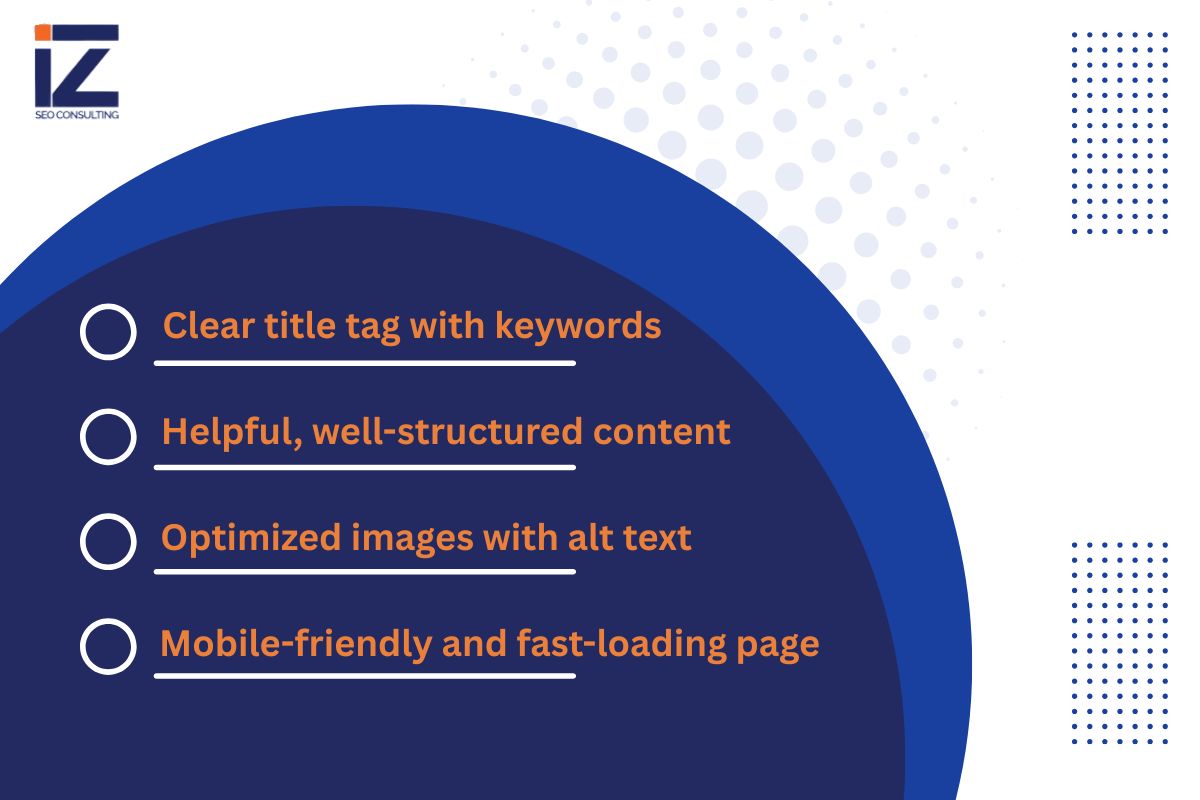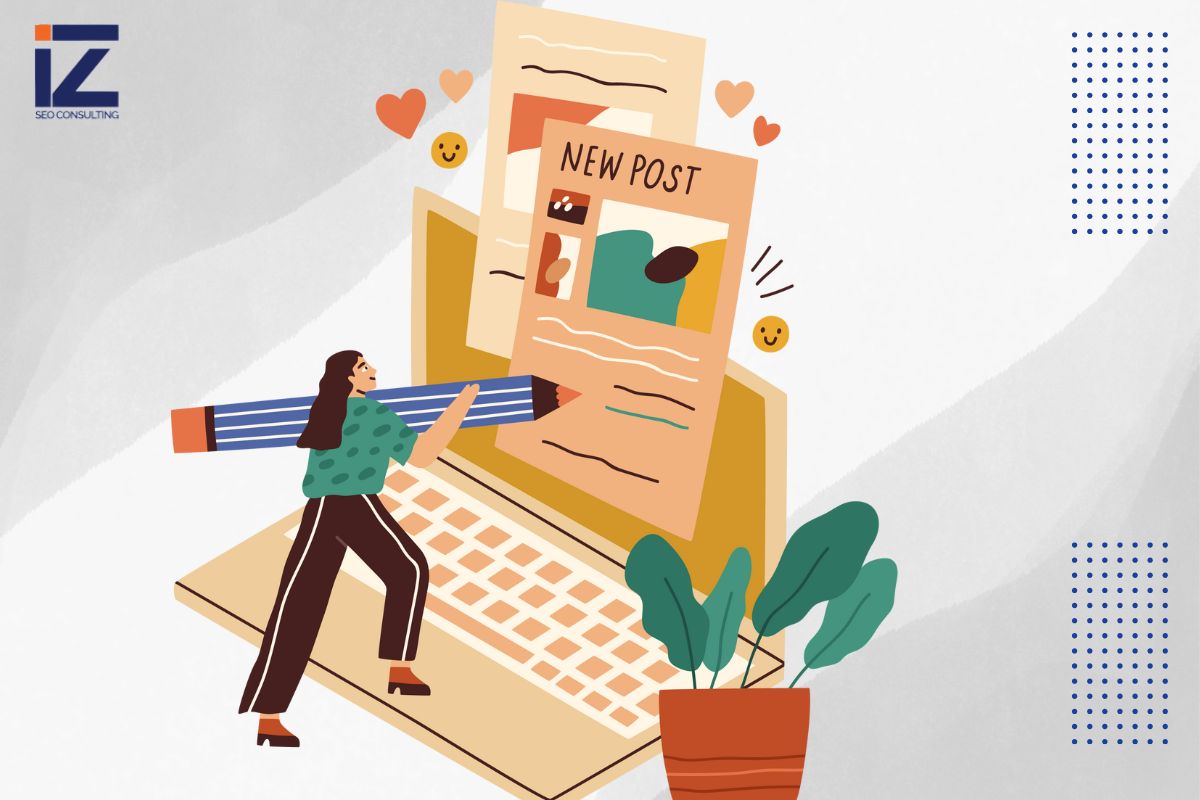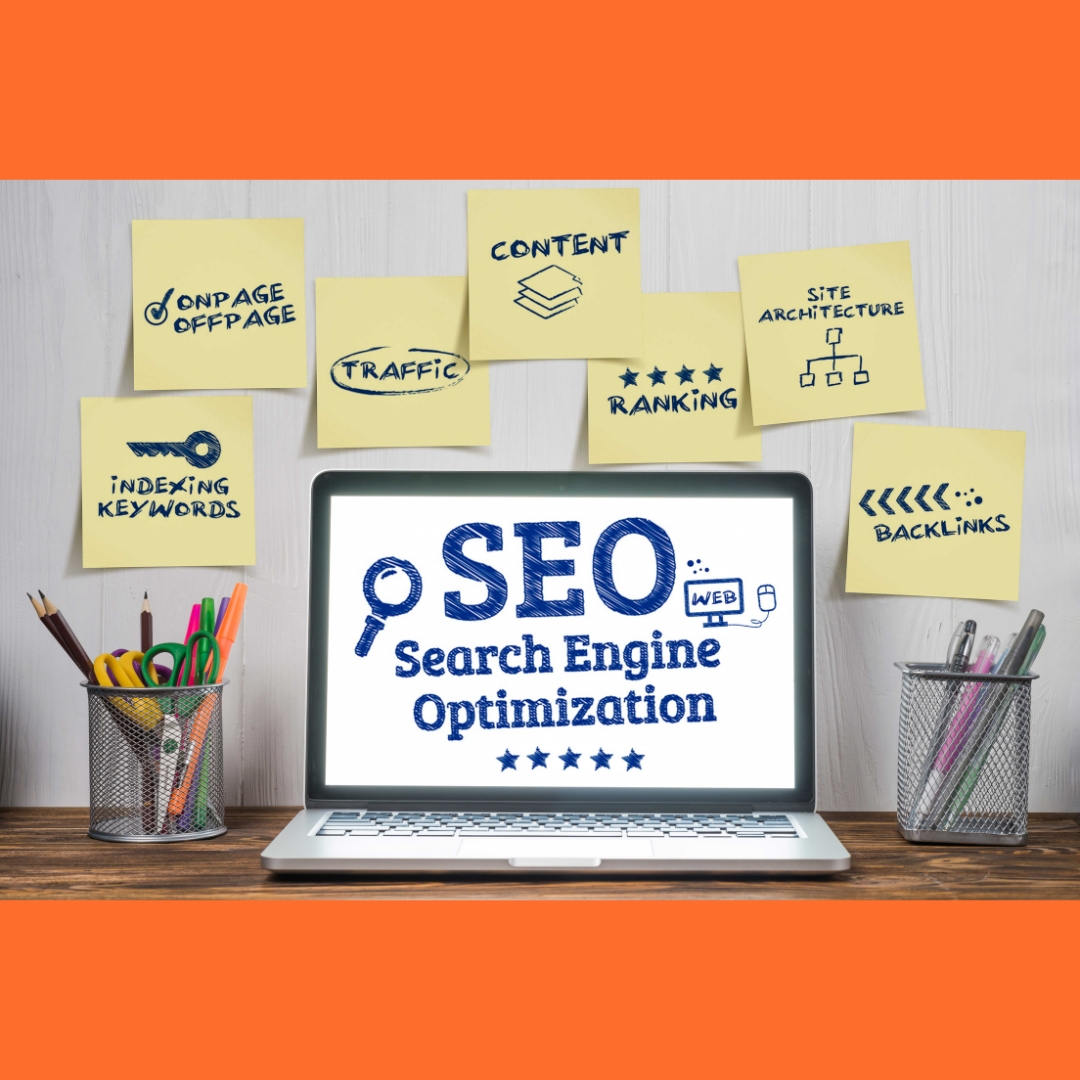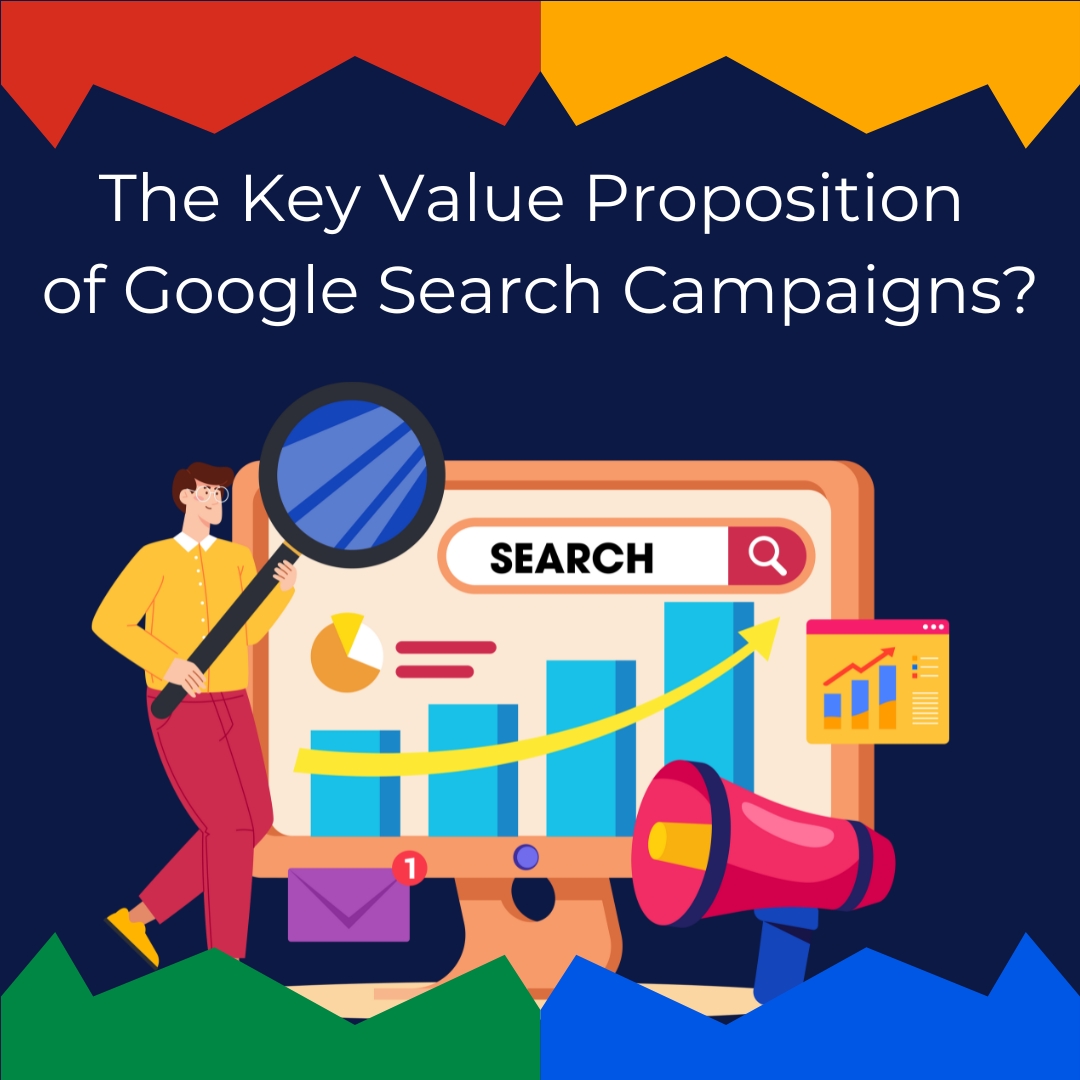On-Page SEO 101
If you want your website to show up on Google and attract the right visitors, understanding on-page SEO is a great place to start. On-page SEO is all about improving each page on your site so that search engines understand it and users enjoy it.
What is on-page SEO, and why does it matter? The answer is simple. If your pages aren’t clear, helpful, and well-organized, Google won’t rank them well. That means fewer clicks, fewer leads, and less growth. That’s why it’s important to know how this part of SEO works, especially if you want long-term results without constantly paying for ads.
If you’re serious about improving your online presence, Indexed Zone SEO can help you build a strong foundation using proven on-page strategies.
What Is On-Page SEO and How It Works
So, let’s start from the beginning. What is on-page SEO? It means optimizing the content and structure of each page on your website to help it rank better in search engines like Google.
When people talk about SEO, they often mean things like backlinks or social media signals. But on-page SEO elements are just as important. These include things you can control directly—like your page titles, headings, text, images, and links.
To put it simply, when you define on-page SEO, you’re talking about everything that happens on your website, not off it. Google wants to show users the best, most helpful results. That means it looks closely at every part of your page: What’s the title? Does the content answer the user’s question? Are the images optimized? Is the page easy to read on a phone?
That’s how on-page SEO works: by making sure every element on the page is clean, clear, and useful. If search engines can understand your content better, they’ll be more likely to show it to users. And if users enjoy your content, they’ll stay longer and may even take action, like filling out a form or making a purchase.

Importance of On-Page SEO
Why on on-page SEO is important if you’re already posting good content or running ads? That’s because without proper on-page SEO, even great content can get buried under a mountain of other pages.
The importance of on-page SEO comes down to two big goals: visibility and experience.
First, visibility. On-page SEO tells search engines what your page is about. Without clear signals like well-written headings, optimized titles, or keyword-friendly content, your page might not show up when people search for topics you cover. You can learn more about this by checking out the most common ranking factors that affect your site.
Second, experience. This SEO strategy also improves how users feel when they land on your site. A fast-loading page, clean layout, helpful images, and strong calls to action can keep users engaged and lower bounce rates. That’s a signal to Google that your site is worth ranking higher.
The on-page seo importance also shows up in how your site performs long-term. When your pages are optimized, you don’t have to constantly rely on ads to get traffic. Organic clicks are free, and they convert better because they come from people who are already looking for what you offer.
If you’re just starting out or unsure how to move forward, on-page SEO is one of the smartest areas to focus on. It gives you control over your own content and structure, and it’s something you can improve right away, without needing technical skills or a big budget.
Most Important On-Page SEO Elements
If you want to boost your rankings, it helps to know the most important on-page SEO elements. These are the things Google looks at first when deciding how useful your page is.
Here are the SEO factors you should focus on:
- Title Tags: These show up as the clickable link in search results. Make sure every page has a unique and clear title that includes your main keyword.
- Meta Descriptions: This short snippet under your title tag gives people a reason to click. It should be clear, relevant, and easy to read.
- Headings (H1, H2, H3…): These break up your content and help both users and search engines understand your structure.
- Content Quality: Your content needs to be useful, accurate, and original. This is where on-page SEO elements really shine. A well-written article or page will always perform better in the long run.
- Internal Linking: Link to other relevant pages on your site to guide users and help search engines find your content more easily.
- URL Structure: Use short, simple URLs that include your main keyword if possible.
To dive deeper into writing good content, check out this guide on how to create search-optimized content. Even small changes—like adding keywords to your headings or improving your meta descriptions—can make a big difference.

Other Key Factors to Know
Besides titles and content, there are a few more on-page seo factors that are just as important. These might not be the first things you notice, but they still affect how well your site performs.
- Image Optimization: Use clear file names and add “alt text” to help Google understand what your images show. This also helps users who rely on screen readers.
- Mobile Friendliness: Most searches now happen on phones, not desktops. If your site isn’t easy to use on a small screen, users will leave quickly. Here’s a great guide on how to make your website mobile-friendly.
- Page Speed: Slow websites frustrate users. Compress images, use fast hosting, and remove any unnecessary code.
- Structured Data (Schema): This helps Google understand special content like product reviews, event times, or FAQs. It can also add extra features (like star ratings) to your search results.
While these may seem technical, many tools and plugins make them easy to manage, even if you’re not a developer. Together, these elements show why on-page seo is important not only for rankings but also for making your website easier to use.
On-Page SEO for Beginners: Getting Started
New to all this? Don’t worry. If you’re just learning about on-page seo for beginners, you don’t need to change everything overnight. Start with the basics and build from there.
Here’s a simple step-by-step plan to help you get started:
- Pick one page to improve. Your homepage or a popular blog post is a good place to start.
- Write or update your title tag. Make sure it’s clear and includes your main keyword.
- Add a strong meta description. Give readers a reason to click.
- Break up your content. Use headings to make it easier to scan.
- Add internal links. Link to related pages or posts on your site.
- Optimize your images. Add alt text and use small file sizes.
- Test your page on mobile. Make sure it loads fast and looks good.

These changes might seem small, but they’re part of a bigger picture. With each improvement, your page becomes easier to find, easier to read, and more likely to keep users interested.
Frequently Asked Questions (FAQ)
1. How long does it take to see results from on-page SEO?
On-page SEO improvements can lead to better rankings, but results aren’t instant. It often takes a few weeks for search engines to crawl and re-rank your updated pages. How quickly you see changes also depends on your competition and the authority of your site.
2. Do I need to update my on-page SEO regularly?
Yes. SEO isn’t a one-time task. Updating content, refining keywords, improving load times, and checking for outdated info all help your pages stay competitive as search trends and algorithms change.
3. Can on-page SEO help a brand-new website rank?
Definitely. While backlinks and domain authority take time to build, good on-page SEO gives new sites a solid foundation by making them easier for Google to understand and users to navigate.
4. Is using keywords still important in 2025?
Yes, but it’s more about intent than stuffing. Search engines are smarter now—they look for relevance and context. Using natural, well-placed keywords helps clarify what your content is about without overdoing it.
5. What tools can help me improve on-page SEO?
There are many tools to guide you: Google Search Console, Yoast SEO, Rank Math, Screaming Frog, and tools like Surfer SEO or Clearscope that analyze your content against top results for your target keywords.
6. Does Google penalize bad on-page SEO?
Google doesn’t “penalize” in the sense of punishment, but poor on-page practices (like keyword stuffing, slow pages, or thin content) can prevent your page from ranking well. That’s a missed opportunity rather than a formal penalty.
Take the First Step
If you’re just getting into SEO, mastering on-page SEO for beginners is one of the best ways to grow your site. You don’t need to be a tech expert. You just need to know how each part of a page—from the title to the images—can help your content rank and perform better.
If you want long-term results, remember this: a well-optimized page brings better rankings, happier users, and more trust. That’s the core on page SEO definition—and it’s why it should be a regular part of your content routine.
Need help putting all of this into action? Contact us and we can support you every step of the way, from creating content to improving your structure and speed. Your website deserves to be seen, and on-page SEO can help make that happen.


